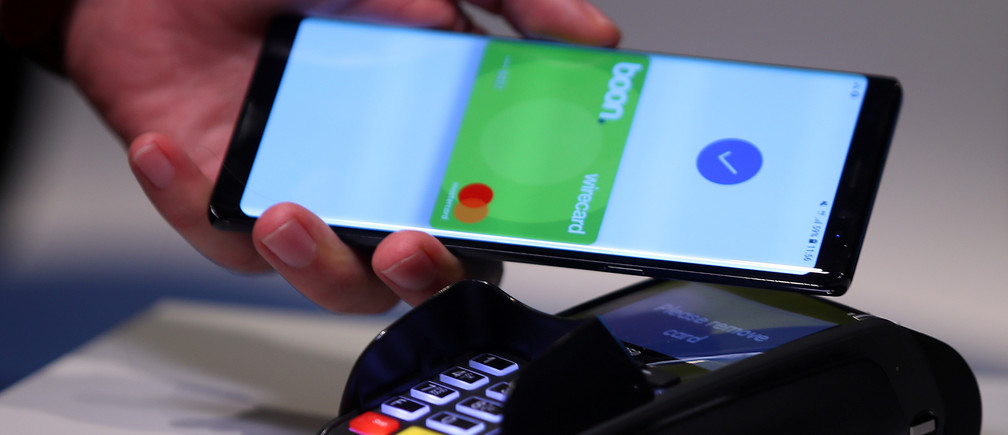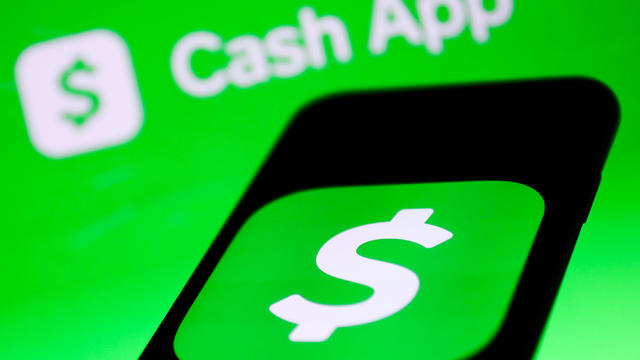Most of us have become accustomed to paying our bills online rather than sitting down and writing out paper checks. You would probably be hard-pressed to find someone who still diligently fills out their check ledger or walks around with a thick wad of cash.
Society is methodically moving towards being entirely cashless. While the complete elimination of cash is likely years, if not decades away, many are getting their feet wet with cashless transactions in various areas of their financial lives, from buying items at the corner store to membership fees and other bill paying.
The Benefits of a Cash Free Paperless Society

Governments worldwide and large financial organizations are already supportive of a push towards going cashless. There are many benefits to a cash-free society, many of which solve issues we have grappled with when using primarily cash for transactions.
Going cashless leads to lower crime rates. Carrying cash on your person and businesses having large amounts of cash on hand makes them prime targets for robbery. While digital assets can also be vulnerable to fraud and hacking, it’s a far more complicated process. By going cashless, businesses can better protect their working capital.
Going cashless can even decrease money laundering. The crime reduction possible from going cashless runs from petty theft to high white-collar crime. Managing cash even costs organizations money. Financial institutions have to hire security to protect cash assets. The time and money spent to protect significant amounts of cash could be largely eliminated with a move to cashless transactions.
Cashless transactions are also convenient. Banks have been allowing for online bill paying for years now. Many people have experienced the ease of setting up automatic payments for all of their bills, solving the pain point of late payments, and forgetting bills. Digital banking and spending also allow for an electronic paper trail of transactions that can come in handy when budgeting or even doing one’s taxes. When paying with cash, the onus is mainly on the buyer to keep paper receipts or a written record of payments. This manual recordkeeping can be unreliable and easy to lose.
As our world gets smaller and international business grows, a move towards cashlessness also benefits those traveling internationally and conducting business worldwide. When people travel to other countries, they have to exchange their United States currency for their destination’s local currency. With electronic currency, this exchange becomes a non-issue. Travelers can keep everything financial on their devices and no cash exchange is necessary.
The Move Towards Paperless Transactions
In the last decade, many companies have built their platform on supporting a paper cash-free society. These companies allow for cashless transactions across most if not all industries. Apps such as Venmo, Square and Unionly have made cashless buying simple. These innovative companies can see which way the transactional path is winding and are working on being on the cutting edge.

The rise in cryptocurrency also speaks to people becoming far more comfortable with digital assets. People have come to like the decentralized nature of cryptocurrency and its flexibility.
Think hard about the last time you paid for something with cash. Those times may become fewer and farther between if the calls for a cashless society are heeded. Many countries, such as Sweden, China, and Canada, are already becoming completely cashless in the next decade. The COVID-19 pandemic, with its uptick in online purchases and contactless shopping, pushed the popularity of cashlessness forward. Cash is notoriously dirty and a known germ spreader. However, a cashless existence is not imminent in the United States, and it may be some time before we become completely cashless.
Digital transactions without the use of paper cash have increased drastically, and more people are becoming acclimated to a cashless existence every year. We are likely seeing the beginning of an eventual turn to complete cashlessness in the future, which will come with many benefits for businesses and private citizens alike.




